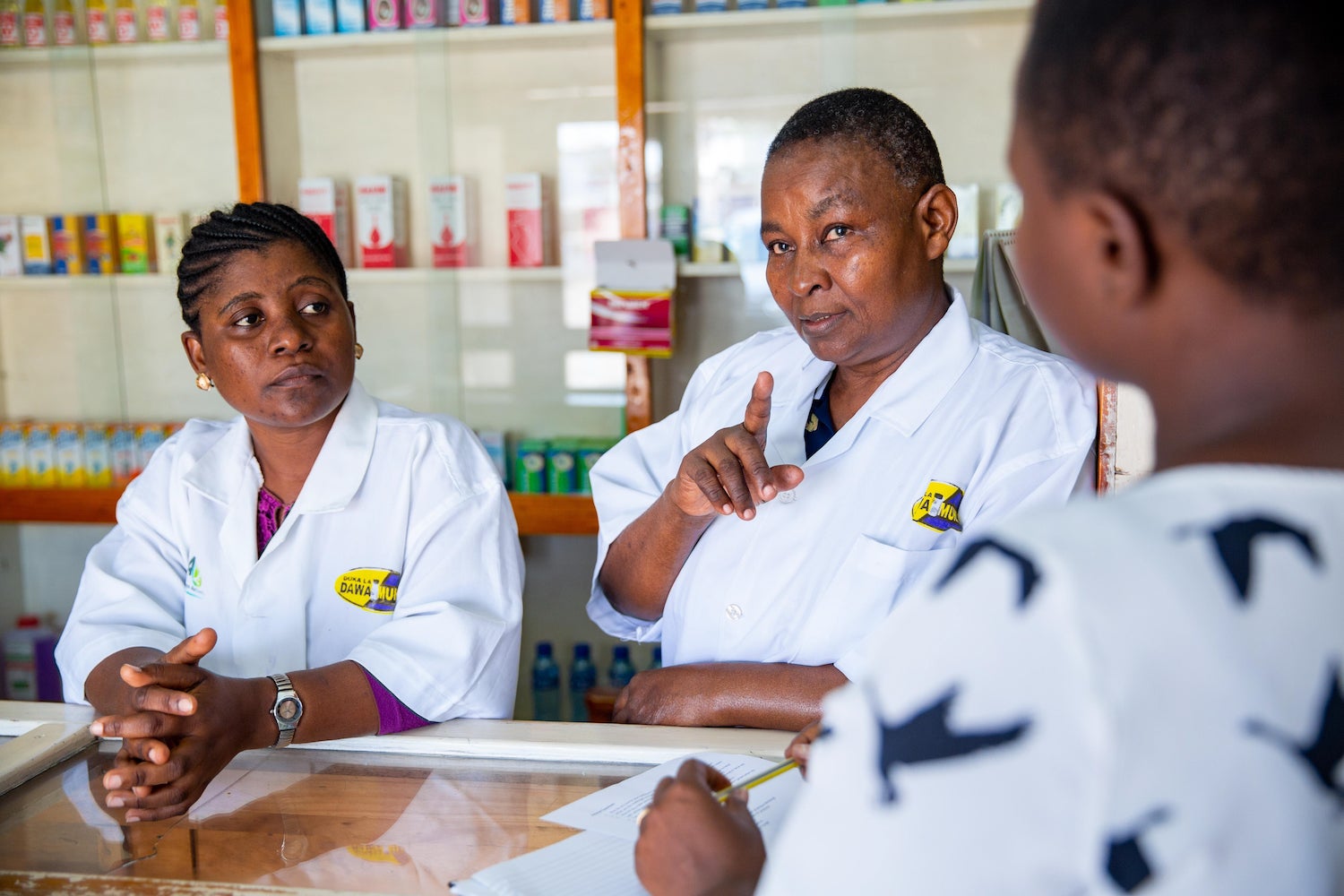Background
Effective regulatory systems are critical to ensure the quality, safety, and efficacy of medical products. Almost all countries in Africa have National Medicines Regulatory Agencies (NMRAs), but their organizational set-ups and functionalities vary with some functioning semi-autonomously and others operating within the Ministry of Health. 1 Their effectiveness also varies - globally, the World Health Organization (WHO) estimates that at least 30% of NMRAs have limited capacity to perform their core regulatory functions. 2
The United Republic of Tanzania is the only country in Africa that has two NMRAs, the mainland Tanzania Food and Drugs Authority (FDA) and the island of Zanzibar Food and Drugs Board. Established in July 2003, the Tanzania FDA has come a long way and is now a recognized leader in medicines regulation in Africa. In Tanzania, there is little to no government funding; most of the funds for the FDA come from industry fees. 1
Innovation
Historically, many Tanzanians lacked access to reliable medicines that are dispensed by providers trained in their use, and instead depended on local vendors who had no formal training and were dispensing drugs purchased from suppliers connected to unregulated channels. 3
To ensure quality and safety of medicines, Tanzanian health authorities built on existing infrastructure and - rather than banning untrained vendors and isolating communities from access to essential drugs - undertook a long process of converting informal vendors into accredited drug dispensing outlets (ADDOs). The process was comprehensive and designed for sustainability, involving purposeful behavior and expectation change for Tanzanian communities. The ADDOs were provided with financial incentives and tailor-made training programs to address their individual capacity needs to become accredited. All ADDOs are required by law to adhere to standards related to product and service quality in order to maintain government accreditation. To attract and retain customers, they must also meet client demands and expectations for quality products and services. 3
By June 2014, this program had trained over 19,000 providers - each linked directly to local primary care facilities - in almost 6,100 shops, with a further 3,100 in training. Over 3,000 drug shop inspectors were also trained, and the program has been robustly overseen by a range of regulatory authorities, wholesalers, political and local leaders, and consumer groups, each focusing on specific geographies. 3
Outcome
In December 2018, the United Republic of Tanzania became the first WHO-recognized country in Africa to achieve a well-functioning regulatory system for medical products. 4 This means that medical doctors, pharmacists, chemists, and technicians working for the regulatory authority possess the expertise and hands-on skills to evaluate medical products, prevent and counteract associated hazards, and are capable of protecting the public from substandard and falsified medicines. 5
The WHO’s assessment of the FDA of the United Republic of Tanzania was based on its Global Benchmarking Tool (included in the relevant tools and resources), which checks regulatory functions against a set of more than 200 indicators, such as product authorization, market surveillance, and the detection of potential adverse-effects, to establish their level of maturity. Early in 2018, WHO facilitated self-assessments and conducted a formal evaluation of the FDA on the mainland and the Zanzibar Food and Drug Agency. The regulatory authorities made a number of adjustments to identified gaps and in the last assessment, the FDA met all indicators that define a maturity level 3 agency. This categorizes Tanzania as the second highest on WHO’s scale and the target for regulatory systems globally. 4

